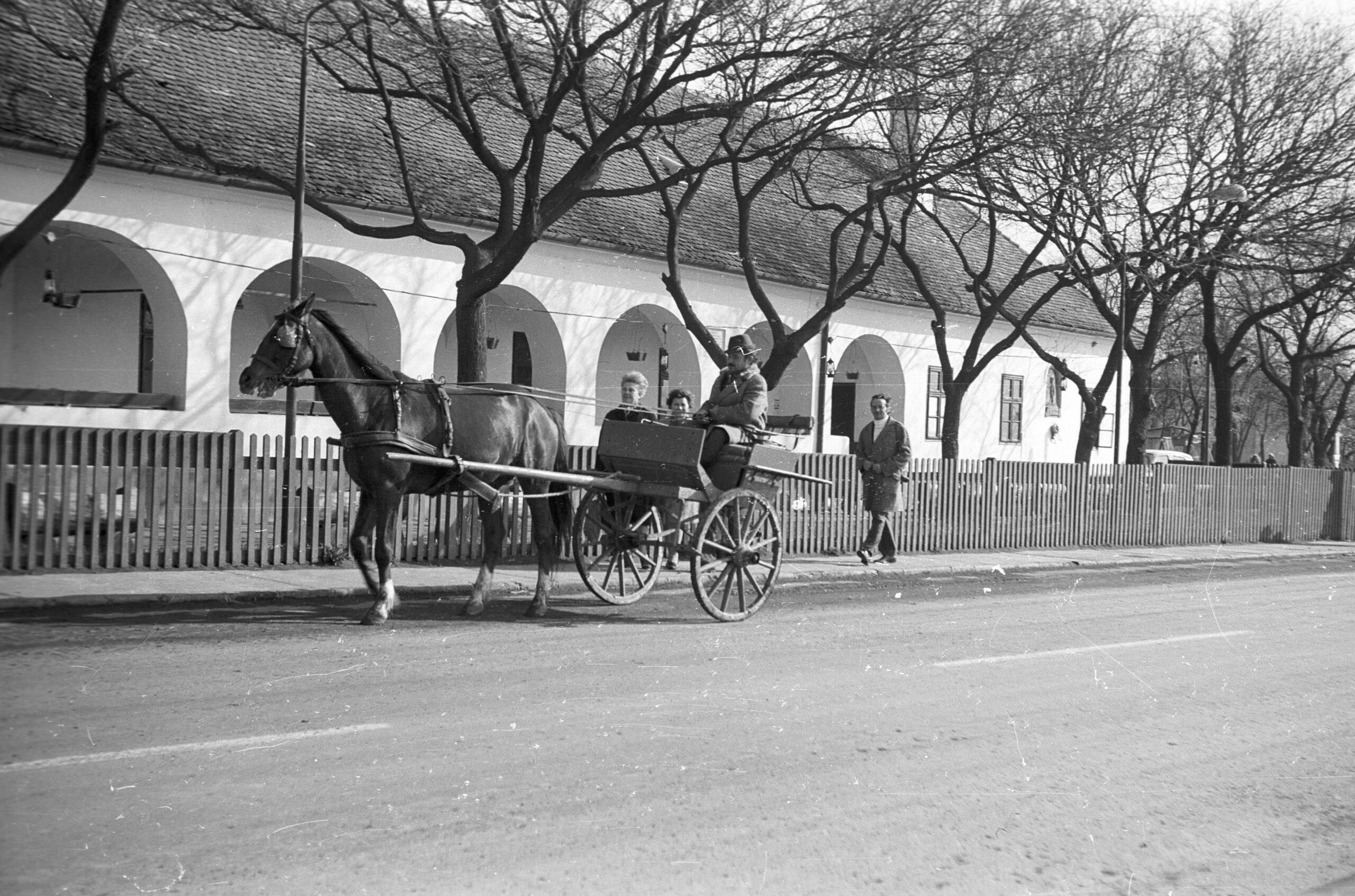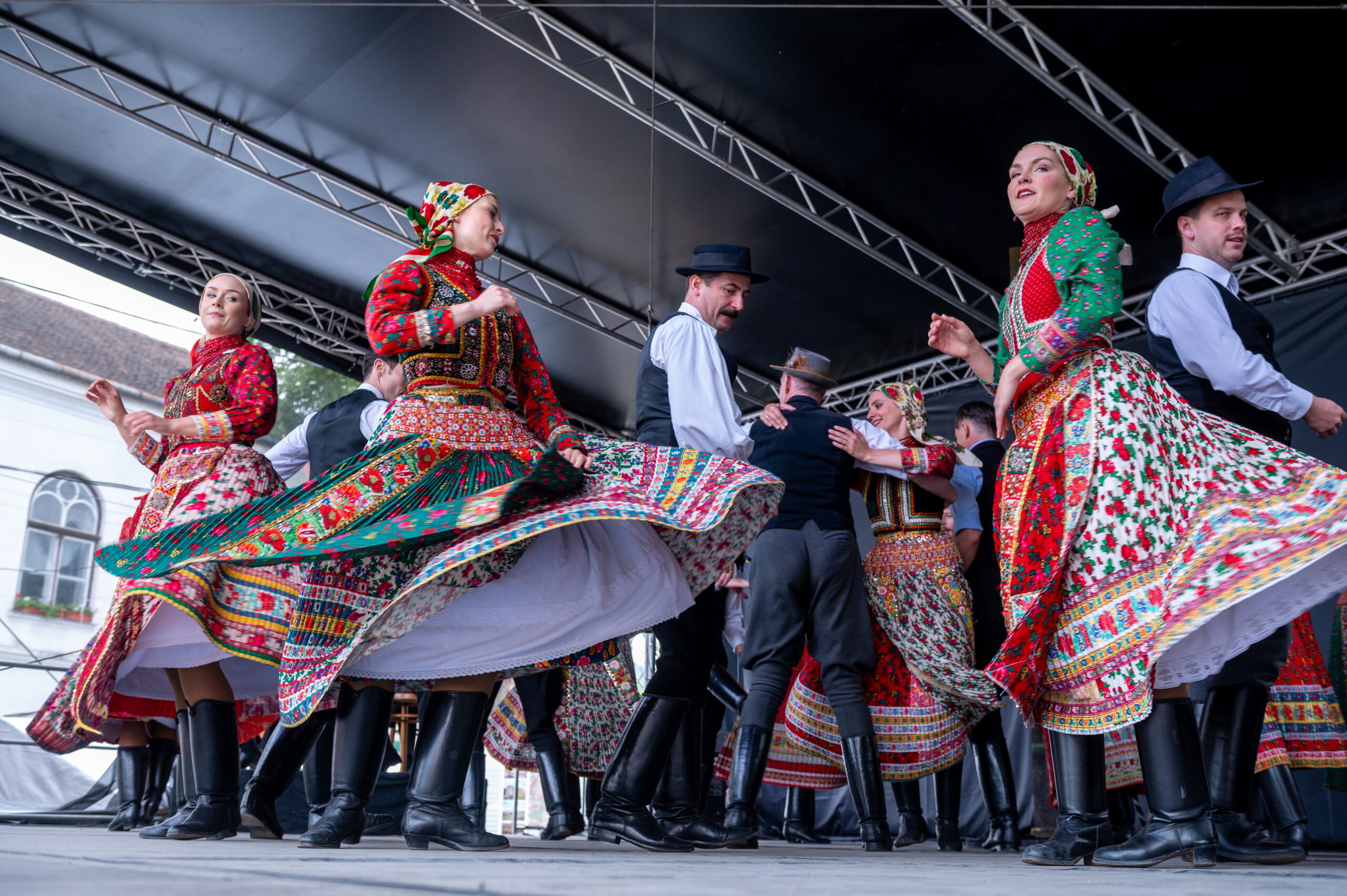
This brings the number of officially recognized unique cultural features and items in Hungary to 96.Continue reading

This weekend, between July 4 and 6, the 16th Hungarikum Days will be held in Sibiu (Nagyszeben, Romania), at the ASTRA Open-air Museum. In this Transylvanian city, home to a Hungarian diaspora community, Hungarian folk culture, traditions, and gastronomy will take center stage for three days.
The three-day event, starting today, will feature a fair for primary producers and artisans, craft demonstrations, folk dance and folk music performances, as well as concerts, said the organizer, HÍD Association of Szeben Hungarians.
Thousands of visitors attend the open-air festival every year.
This year, cooking teams and guests will arrive from five countries and 17 towns, offering numerous traditional foods and drinks.
There will also be a special program for children, with yurt building, crafts, archery, and a hussar parade and performance.
The cultural program will be provided by the Szászcsávási Band, who will perform Hungarian and Gypsy folk music. They will be followed on stage by the Góbé Band, who combine Hungarian folk songs with the music of neighboring peoples and modern genres.
The main attraction of the festival, the cooking competition, will be held on Saturday, with over 30 teams from 17 different towns in five countries entering.
They will compete by preparing bográcsgulyás (goulash) and other Hungarian dishes, that will be tasted by the jury and the public.
The cultural and musical programs will be opened by the Borozó Band and Emese Boros, who, as the leader of the Csombordi Pipacs Folk Dance Group, will also present dances and folk songs from Aiud (Nagyenyed) with her team. The Day By Day Band from Sfântu Gheorghe (Sepsiszentgyörgy) and the Dinamic Band from Mediaș (Medgyes) will perform Hungarian rock music covers.
On Sunday, the closing day of the festival in Nagyszeben, the chefs of the jury and invited guests will present the world of Hungarian cuisine with their cooking.
This year’s main attraction is the fisherman’s soup (halászlé), which will be prepared in “Danube,” “Tisza,” and “Transylvanian” versions.
The cultural program will begin with performances by local talents, the Nagyszeben Zither Group and the Nagyszeben Dance Group, followed by the Mátka Folk Dance Group from Brassó, which will present dances from Bonchida. This will be followed by Moldavian Csángó songs performed by Judit Ábrahám and Eszter Bodor, and after the performance, there will be a Moldavian dance house.
Via MTI, Featured image: MTI/Kiss Gábor